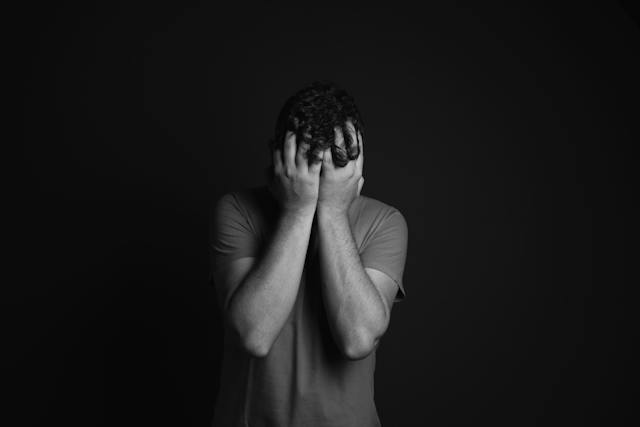Mental health can impact every facet of someone’s life, from their ability to perform their job to their ability to maintain relationships with their loved ones. However, this can also impact what happens if you commit a crime. Many factors affect how those with mental health issues are treated during criminal trials, so it’s imperative to understand what you can expect if this represents your circumstances. Additionally, you’ll discover how Houston criminal defense attorneys can assist you during these challenging times.
What Mental Health Disorders Can Impact a Court Case?
Before discussing the mental health disorders that can impact a criminal case, it’s necessary to make a clear distinction. Not everyone who suffers a mental illness is violent or a criminal, just as not all criminals have mental health problems. However, some criminals do have mental health issues that lead them to commit crimes.
As such, some of the most prevalent mental health issues that may impact a criminal trial include anxiety, personality disorders, bipolar affective disorder, post-traumatic stress disorder, schizophrenia, and obsessive-compulsive disorder.
How Can This Be Used as a Defense?
Mental illnesses undoubtedly change how many see the world and react to certain events. As such, what may seem egregious to someone without a mental illness can seem perfectly acceptable to someone with a mental disorder. Texas understands this and views mental illness as a mitigating factor, meaning it can impact sentencing. Additionally, if someone does not have the mental capacity to understand the law, they may not have to stand trial. This is because the courts have ruled that someone incapable of understanding the law cannot be subject to it.
As such, an attorney may be able to prove that you are not competent to stand trial or that your mental illness was a mitigating factor in the crime.
For example, it could be a mistake of fact, in which you truly believed that the actions you committed were reasonable and acceptable given the circumstances, or a mistake of law in which you had an earnest interpretation of the law that led you to believe the actions you committed were legal.
Whether your attorney believes you should not stand trial because you lack the competence to understand the legal system or that your mental illness was a mitigating factor, you will likely undergo evaluation by a mental health professional who can assess your mental state. This expert must then present their findings to the court. If the case continues, these findings can be used to illustrate how your mental illness impacted your criminal actions.
If you are facing criminal charges, but your mental illness played a role in the offense, it’s vital to connect with a member of the Gonzalez Law Group. Our dedicated team has the necessary experience to help you navigate these complex matters. We will do everything we can to help you achieve the best possible outcome for your unique circumstances. Contact us today to learn how we can assist you.

